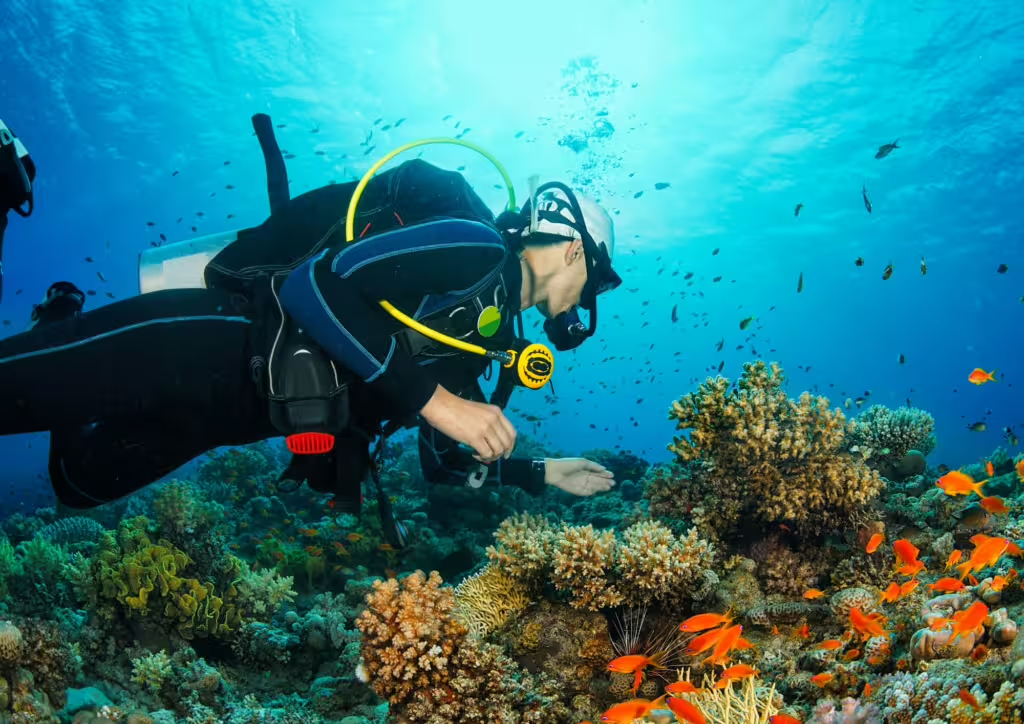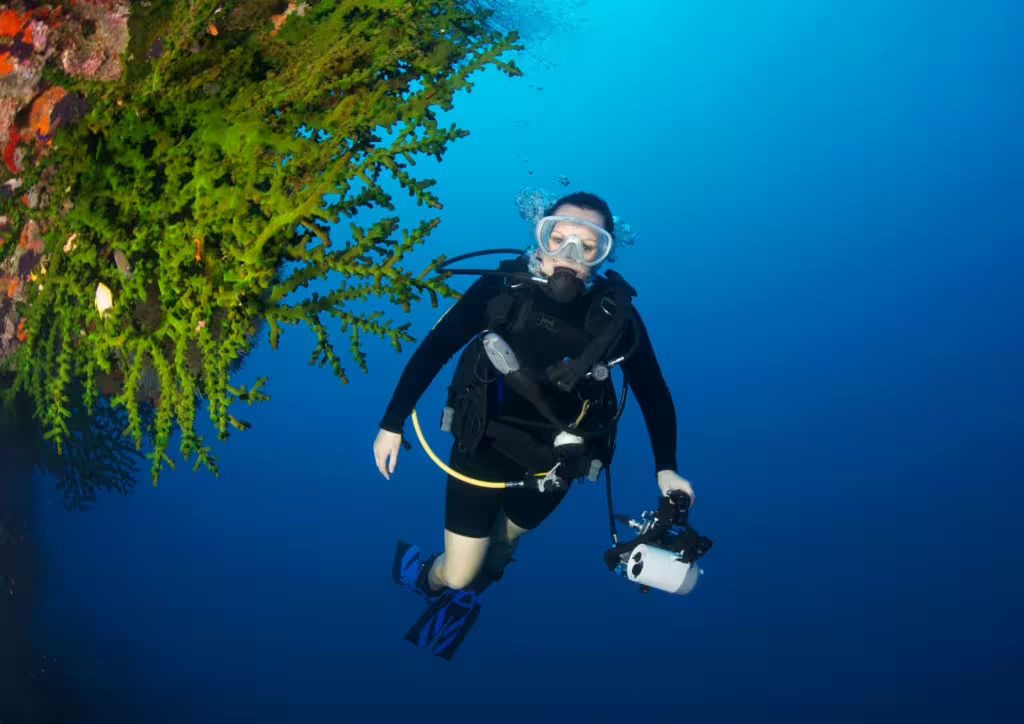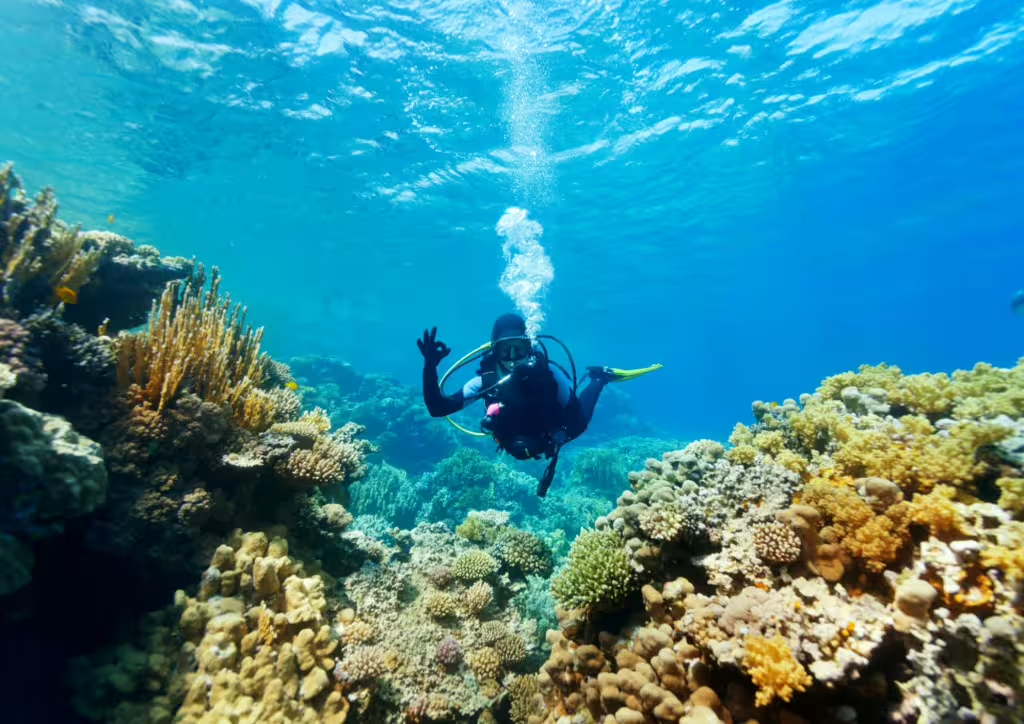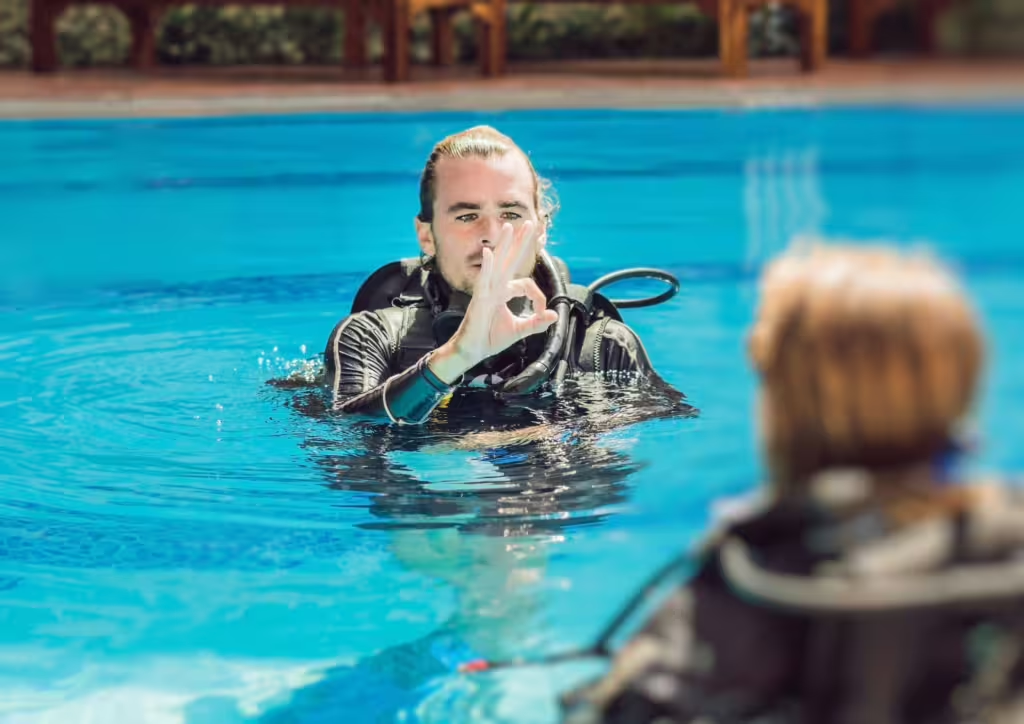Embarking on a Bali Open Water Diving Course is more than just an adventure; it’s a gateway to exploring the mesmerizing underwater world of vibrant coral reefs and exotic marine life. As you prepare for this thrilling journey, it’s essential to equip yourself with the right knowledge and skills to ensure a safe and enjoyable experience. This comprehensive guide will walk you through key steps and helpful tips to help you get ready for your unforgettable diving experience in the stunning waters of Bali.
Physical Preparation: Fitness and Health Tips
Equally important is ensuring your health is in check before diving into the vibrant underwater ecosystems of Bali. Schedule a medical examination if you have any pre-existing health conditions, especially respiratory or cardiovascular issues. Staying hydrated in the days leading up to your course is also vital, as dehydration can negatively impact your buoyancy and overall experience. Lastly, consider adapting your diet to include more whole foods, plenty of vegetables, and lean proteins to sustain your energy levels. By focusing on both your fitness and health, you’ll be well-prepared to enjoy every minute of your Bali Open Water Diving Course, making the experience not only safe but also exhilarating.
Mastering Basic Diving Skills Before You Go
Before embarking on your Bali Open Water Diving Course, it’s essential to master some basic diving skills that will enhance your overall experience. Familiarizing yourself with key concepts such as buoyancy control, equalization techniques, and underwater communication can significantly boost your confidence in the water. Practicing these skills in a controlled environment—like a swimming pool—helps you become comfortable with your gear and reduces anxiety when facing the open sea during your Bali Open Water Diving Course.
Taking time to review your diving manual and watch instructional videos will also help you absorb the fundamentals more effectively. This preparation ensures a smoother learning curve and allows you to communicate clearly with instructors and fellow divers throughout your Bali Open Water Diving Course.
Joining a few pool sessions or guided snorkeling trips before starting the course can be incredibly valuable. These activities help you get used to being underwater and reinforce the skills you’ve learned, making your actual Bali Open Water Diving Course more enjoyable and stress-free.
Additionally, connecting with other divers—even beginners—can build a sense of community and shared excitement. Being mentally and physically prepared allows you to fully embrace the adventure and beauty of Bali’s marine life.
Ultimately, the more effort you put into preparing for your Bali Open Water Diving Course, the more rewarding and unforgettable your underwater journey will be.
Choosing the Right Dive School in Bali

Choosing the right dive school for your Bali Open Water Diving Course is essential for a safe and enjoyable diving experience. Start by researching various dive schools in Bali, looking for reviews and testimonials from previous students. Consider factors such as the dive school’s reputation, the qualifications of their instructors, and the quality of their equipment.
Many schools offer a range of courses, so ensure they are accredited by recognized agencies like PADI or SSI. The environment of the dive school itself is also important; opt for one that prioritizes safety and provides a comfortable learning atmosphere. Additionally, reach out to the dive schools directly to ask questions and gauge their customer service. This engagement can give you a sense of their professionalism and commitment to safe diving practices.
Some schools offer package deals that include accommodations and transportation, which can be quite convenient. By taking the time to carefully select the right dive school, you’ll be setting yourself up for success as you embark on this exciting journey of becoming an open water diver in the beautiful waters of Bali.
What to Expect During Your Course
When you enroll in a Bali Open Water Diving Course, be prepared for an exhilarating journey into the underwater world. The course typically begins with theoretical lessons where you’ll learn essential diving principles, safety protocols, and the use of diving equipment. Expect to engage in vibrant discussions about marine life, buoyancy control, and underwater navigation.
These sessions often take place in a classroom setting or through interactive online modules, giving you a solid foundation before heading into the water. Once this is completed, you’ll have practical training sessions in confined waters where you can practice key skills in a controlled environment. After mastering the basics, the real adventure begins as you’ll venture into the open ocean. Typically, a series of dives at stunning locations will allow you to explore Bali’s beautiful reefs, vibrant marine ecosystems, and even fascinating shipwrecks.
Each dive will build upon the skills you’ve learned, promoting confidence and competence as a diver. Throughout your Bali Open Water Diving Course, qualified instructors will be on hand to guide you, ensuring you have a safe and enjoyable experience. With breathtaking underwater views and exhilarating skills training, this course promises to be a memorable adventure for all diving enthusiasts.
Safety Precautions and Emergency Procedures

When preparing for your Bali Open Water Diving Course, safety precautions should always be a top priority. Familiarizing yourself with essential diving safety rules is key to a successful and enjoyable experience. Before each dive, thoroughly check your equipment—make sure your tank is full, your buoyancy control device (BCD) is working properly, and that you have all required safety gear ready. These small checks can prevent major issues during your Bali Open Water Diving Course.
Studying the dive site’s conditions and understanding the local marine life you’ll encounter will also help you avoid potentially risky situations. Don’t hesitate to ask your instructor questions—whether it’s about the equipment, dive plan, or safety procedures. Your Bali Open Water Diving Course is designed to teach you these crucial skills, including how to use dive tables and proper equalization techniques to prevent discomfort or injury.
In the rare case of an emergency, being well-prepared is vital. Throughout your Bali Open Water Diving Course, you’ll practice emergency scenarios like managing low air situations, equipment malfunctions, and emergency ascents. Knowing and rehearsing these procedures in a controlled environment builds the confidence needed to respond effectively in real-life scenarios.
Maintaining constant communication with your dive buddy and instructor is another core safety principle. Before diving, agree on clear hand signals to express concerns or indicate the need to ascend. These communication tools are emphasized during your Bali Open Water Diving Course, ensuring you’re never left guessing underwater.
With these safety measures in place, you can approach your Bali Open Water Diving Course with confidence, knowing you’re prepared to handle both the thrills and challenges of your underwater adventure.
Cultural Considerations While Diving in Bali

When embarking on a Bali Open Water Diving Course, it’s essential to embrace the rich cultural tapestry of the island. Bali is not just a destination for breathtaking underwater experiences; it is also a place steeped in tradition and spirituality. As you prepare for your diving adventures, familiarize yourself with the local customs and etiquette. Remember that Balinese culture places a high value on respect, particularly towards sacred sites and rituals.
Before diving, take the time to learn about the significance of certain locations, as some dive spots might hold cultural importance to the locals. Showing respect and acknowledging these traditions can greatly enhance your experience and foster connections with the local community. Understanding cultural norms, such as dressing modestly when not diving and being courteous during ceremonies, will contribute to a positive atmosphere during your diving course.
Furthermore, engaging with the local dive instructors can provide valuable insights into both diving techniques and Bali’s unique cultural practices. Many instructors are deeply connected to their Balinese heritage and are eager to share stories and customs that enrich your diving experience. By immersing yourself in the culture, you not only gain a deeper appreciation for the beautiful underwater world but also for the island’s vibrant way of life. This cultural engagement can turn your Bali Open Water Diving Course into an unforgettable adventure that goes beyond the dives themselves.
Dive into Your Bali Adventure with Confidence
In conclusion, preparing for your Bali Open Water Diving Course is not just about checking items off a list but cultivating excitement and anticipation for the underwater journey ahead. By ensuring that you are physically ready, mentally prepared, and equipped with the right knowledge, you set the stage for an unforgettable experience. Embrace the vibrant marine life and breathtaking waters that Bali has to offer, and let your diving adventures begin.
As you take the plunge into this incredible world, remember that every dive is a step into exploration and learning. With the right training and a positive mindset, you will not only become a skilled diver but also create memories that last a lifetime. So grab your gear, get ready to breathe underwater, and dive into the adventure of a lifetime in Bali!

